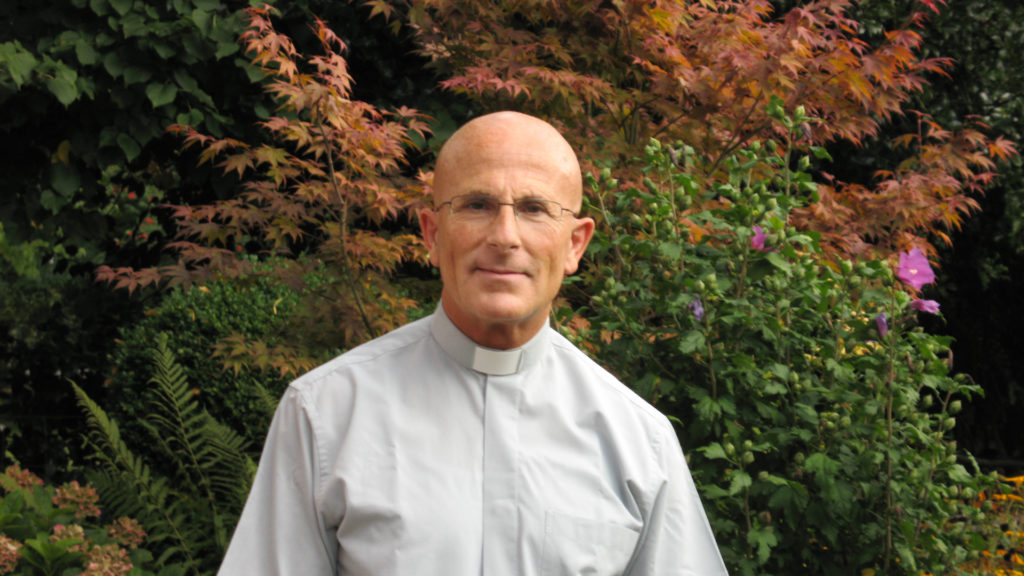The diocese of Coira (Chur in German) regroups 7 cantons and is the second largest in Switzerland both in territory and population. In the strict canonical sense, the cantons of Uri, Obwalden, Nidwalden, Glarus and Zurich do not belong to the diocese of Chur, but are an apostolic administration entrusted to the bishop of Coira as apostolic administrator. They are those areas that until 1816 had belonged to the diocese of Constance, which was suppressed in that period. It should be remembered that in the canton of Zurich alone live more than half of the faithful; it is the most populated canton and the economic heart of Switzerland. For this reason, he demands that the bishop be more present in Zurich.
Some history
The territory of Zurich is marked by the Protestant reform carried out by Ulrich Zwingli (Ulrich Zwingli in German, 1484 - 1531). Until 1807 it was forbidden to celebrate the Catholic Mass and it was not until 1963 that the Catholic Church obtained public recognition in the canton. Today it is the Swiss city with the most Catholics.
Since the 16th century the proportions of Catholics and Protestants have differed greatly from canton to canton; in recent decades, due to internal population movements and immigration, the proportions have changed markedly. In the canton of Zurich 25% of the population declare themselves Catholic and 27% Protestant; in the city of Zurich, Catholics are already the relative majority. On the other hand, the metropolitan and reformist sensibility of the canton of Zurich clashes, even with animosity, with the more traditional ways of living the Christian faith in the rural regions of Graubünden and central Switzerland.
Since the 1970s, among Catholics there have been struggles between conservative and progressive tendencies; moreover, within each sector there are polarized groups unwilling to dialogue and to seek solutions acceptable to all. Internal disagreements, both on ecclesiological and theological visions and on ethical and social issues, often surface in the ecclesiastical and civil media.
Physician and Opus Dei
The new bishop studied medicine and practiced it for some years in Zurich. In 1975 he went to Rome to study theology, and in 1978 Cardinal König of Vienna ordained him a priest of the Prelature of the Opus Dei. In 1980, he obtained a doctorate in canon law and returned to Switzerland. A physician and theologian, Joseph Maria Bonnemain collaborated with the delegation of the Holy See to the World Health Organization (WHO) in Geneva from 1983 to 1991.
Since 1989 he has been Judicial Vicar of the diocese of Coira and since 2008 a member of the Episcopal Council. In 2011, he was entrusted with the responsibility of taking care of the delicate relations with the ecclesiastical corporations in the cantons of the diocese, with the title of Episcopal Vicar. The new bishop therefore knows the diocese very well and we can say that most of the clergy know him personally. In addition, since 2002 he has collaborated with the bishops of the country as secretary of the commission of experts on sexual abuse of the Swiss Episcopal Conference.
A challenge for a divided diocese
His 40 years as a hospital chaplain and his activity in various decision-making bodies of the diocesan see in Coira make Bonnemain a figure of great experience at both the pastoral and governance levels. Among the tasks awaiting him is the urgent need to heal the internal fractures of a diocese that has been divided for a long time. Quite a challenge for this experienced physician and chaplain, who thus becomes an emblem of reconciliation. Everyone agrees that this task is extremely difficult.
In his first greeting to the faithful on the same day of his appointment he wrote: We are living tensions, divisions and polarizations. We see it also in the Church, also in the diocese of Coira. There are tensions, divisions, polarizations that - God knows - we cannot afford and that prevent us from seeking together those "vaccines" that we all desire. Yes, people need fraternity and hope, especially today. And they expect - and rightly so - the Church to be a model here and to show paths of fraternity and hope. (...)
In recent years there has been much prayer for a new Bishop of Coira. I thank from the bottom of my heart all those who have supported these prayers and ask you not to stop supporting them now. I will need it much more in the future. For my part, I will also continue to pray and will do so more intensely. Pray for the good of all people - without distinction - in our diocese.









